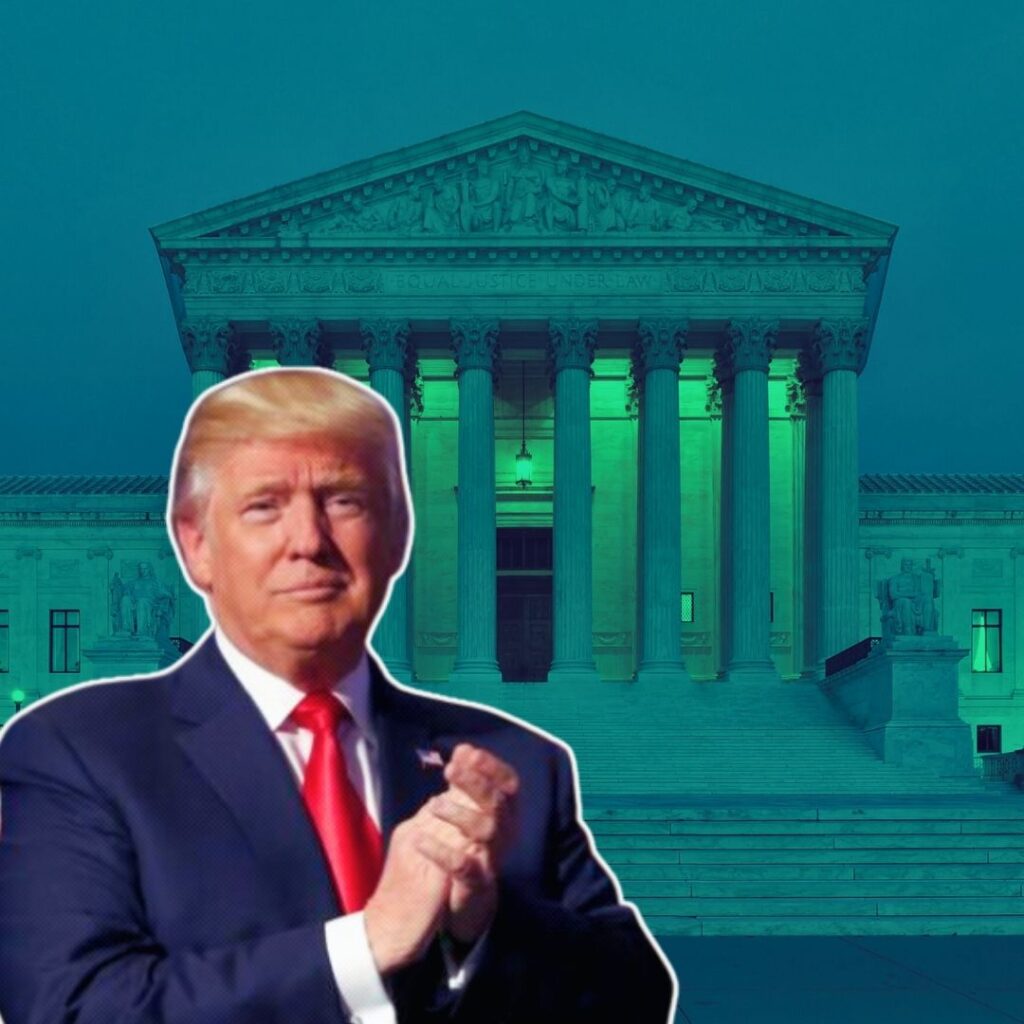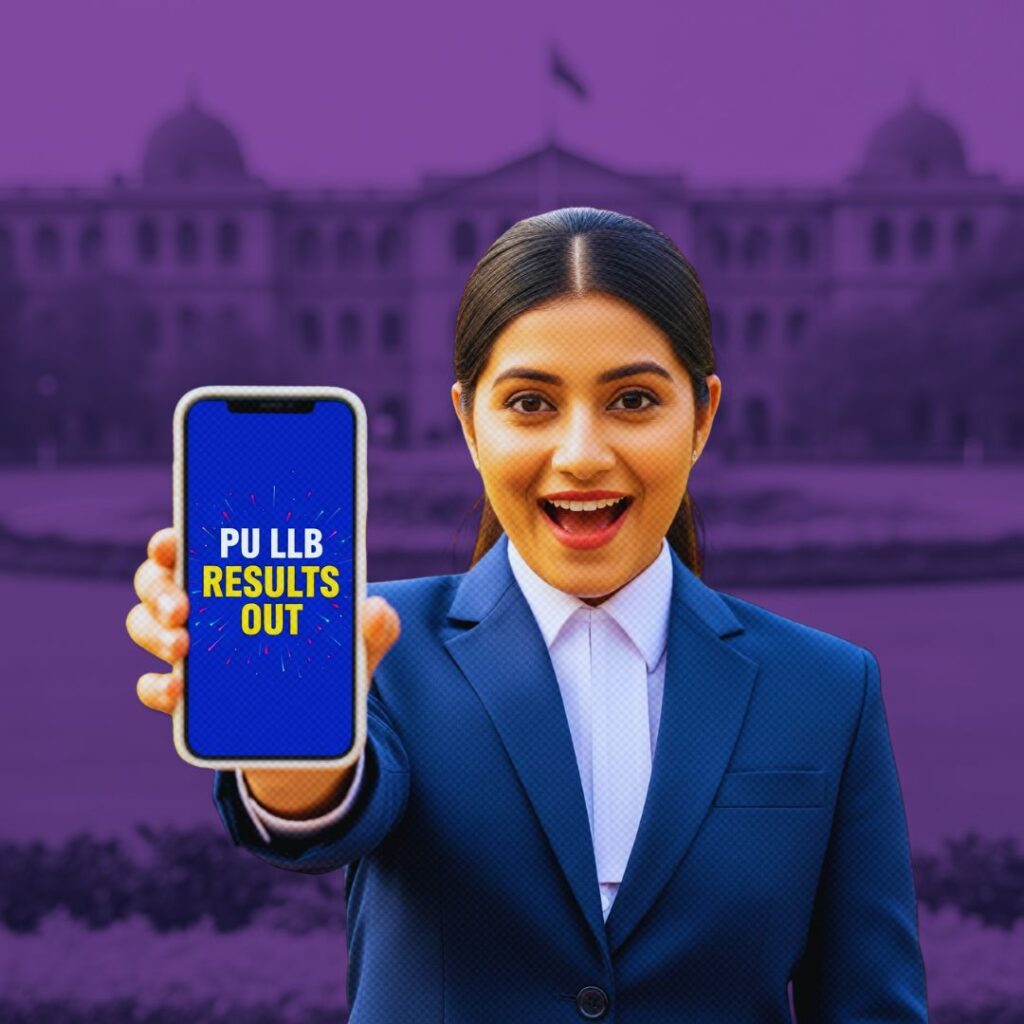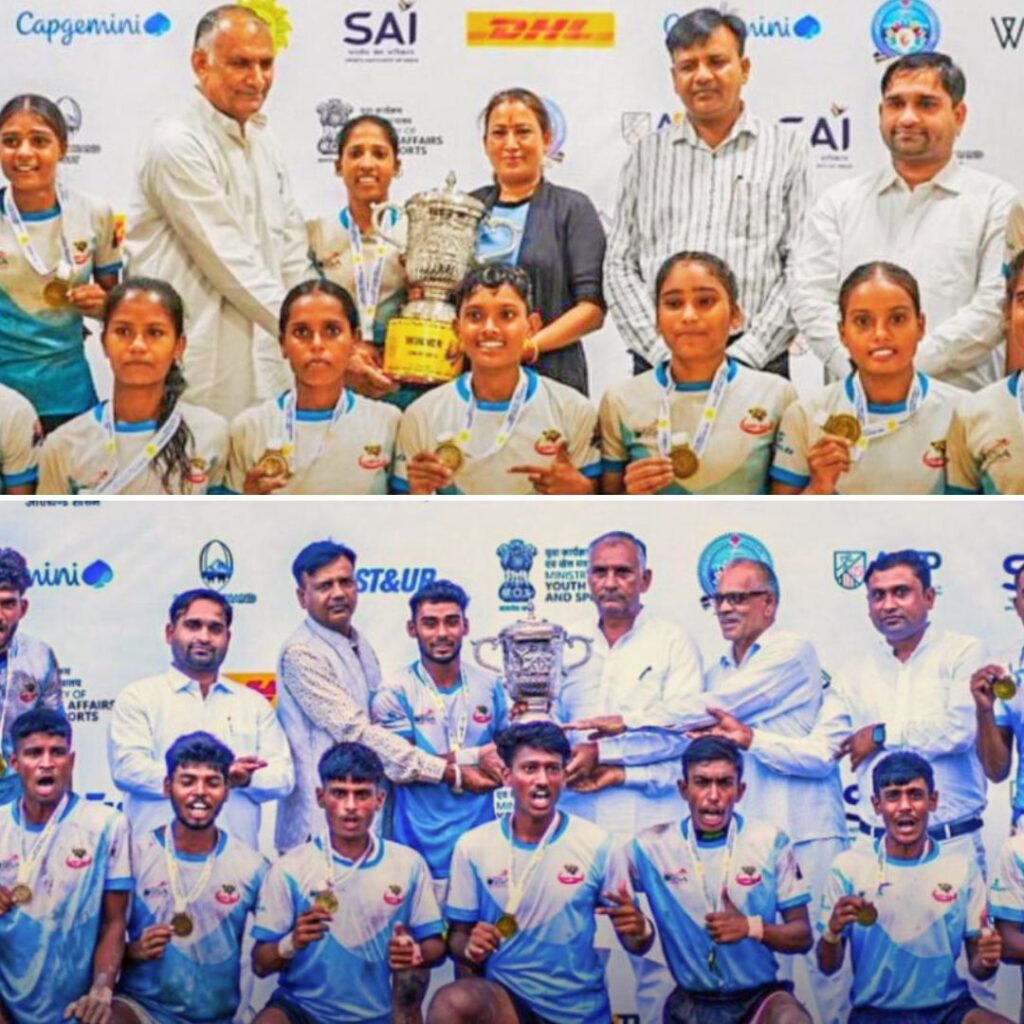As per the National Crime Records Bureau data of 2015, Maharashtra is ranked 2nd in the country in IPC crimes committed by juveniles. Of the national total of 31,396 crimes, Maharashtra contributed 5,482 cases i.e. 17.46%.
The state is ranked 5th in the country in SLL (Special and Local Laws) crimes committed by juveniles. Of the national total of 2,037, Maharashtra contributed 211 cases i.e. 10.3%.
In NDPS cases committed by juveniles, Maharashtra is ranked 2nd with 28 cases.
The above statistics caused serious concerns in the upper establishment of the state police as Maharashtra is one of the more developed states in the country in terms of education. But the overwhelming data showed that its youngsters were moving towards a violent direction.
Most interventions in this regard were in the form of community policing and a conventional community model was designed to foster greater interaction between police officers and students.
The general idea was that the officers would go to schools and colleges, and lecture students on various issues – drug abuse, sexual harassment, corruption, etc.
Because of its top-down nature, the model proved to be futile – it was more like a classroom where the children sat through the lecture and later dismissed what was taught.
The Maharashtra police needed to engage more constructively with the juvenile population vis-à-vis crime and radicalization.
The Youth Parliament project turned the premise of the conventional model upside-down
During his time at the Sardar Vallabhbhai Patel National Police Academy, IPS officer Harssh A Poddar had conducted a workshop for blind children. The format of the workshop, however, not a conventional lecture on disability rights. Instead, the students were divided into small groups of policy making conclaves, and asked to draft a law for the differently abled.
IPS probationers provided the students with the basics of legislative drafting such as the definition of disability, rights of the differently abled, implementation, penal sanctions.
This induced the children to act as their own agencies – examine how a law should be drafted, what would be the consent on the part of the state, and what are their basic disability rights.
The success of this model in raising awareness through participation and thought-leadership caused the then DGP in the Maharashtra government to encourage Poddar to design a similar model at a larger scale for the youth of Maharashtra.
Thus began the concept of Director General’s Youth Parliament Championship – conceptualised and coordinated by Harssh A Poddar, IPS, ASP Karveer.
Source: gifsa
It is undeniable that crime has a strong backward linkage with delinquency spawned by alienation. In many instances, this alienation can take menacing forms such as terror radicalisation and heinous juvenile crime. This programme seeks to create a platform whereby law enforcement agencies can guide impressionable minds against the ramifications of such tendencies.
Speaking to The Logical Indian, Harssh Poddar explained the Youth Parliament model.
“The pilot project was started in The Nath Valley School (NVS), Aurangabad and the Aurangabad Police Public School (APPS). We gave a specific bunch of students a number of topics related to crime, and law and order – sexual offenses against women, corruption, economic offenses, naxalism, terrorism, etc. The students were divided into teams of three where each speaker was assigned a part they would talk about,” said Poddar.
First Speaker: highlights problems specific to Maharashtra and India in general. Second Speaker: presumes the role of a govt or a police org and comes up with solutions as if they were in a position of authority. Third Speaker: comes up with solutions as a private youth.
An impact assessment conducted after the pilot project adduced a strong growing awareness among the participants about the issues they had engaged upon. More significantly, it was noticed that the students (in particular those from the lower and middle-income groups) were relying on family members for information and research. Each student was, therefore, acting as a hub of awareness for the entire family on the issue.
It was consequently decided to scale the project into a district-wide championship.
The project encourages students to act as policy makers
The inaugural edition of the DGYPC (Director General’s Youth Parliament Championship) took place on June 25, 2015. It witnessed the participation of ten schools from both the rural and urban areas of Aurangabad.
Students and faculty from 47 other schools and colleges of the district attended the event.
In this edition, the model of the championship consisted of each participating team being assigned a particular social issue from the following – Left-wing extremism, terrorism, communalism, corruption economic offences, white-collar crimes, crimes against women, substance abuse, human…











